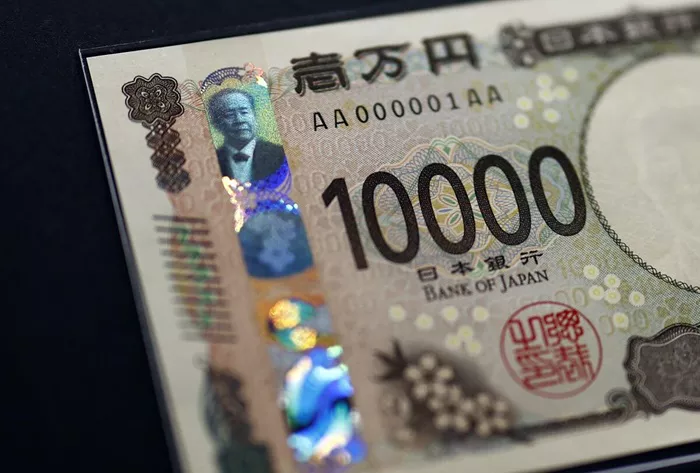The recent rebound of the Japanese yen has led to a significant shift in investment strategies, particularly regarding currency hedges. Global investors, adjusting to the yen’s improved prospects, are now reevaluating their approach to Japanese assets. Major financial institutions like JPMorgan Chase & Co., UBS Group AG, and BNP Paribas Asset Management are recommending that investors unwind their currency hedges on Japanese equities. This adjustment is driven by the belief that the yen may appreciate further, making unhedged investments in Japanese stocks potentially more profitable in dollar terms.
Wei Li, a portfolio manager at BNP Paribas Asset Management, emphasizes this shift: “At this moment, the recommendation is to invest in Japanese stocks without hedging the currency exposure, to benefit from higher dollar-denominated returns from potential yen appreciation.”
Impact of Bank of Japan’s Interest Rate Hike
The change in currency hedging reflects a broader shift in market sentiment following the Bank of Japan’s decision to raise interest rates in July. While a stronger yen signals improved economic conditions in Japan, it presents a double-edged sword for stocks. On one hand, the stronger currency reflects economic strength; on the other, it makes Japanese equities more expensive for foreign investors and could negatively impact the earnings outlook for exporters.
UBS strategist Nozomi Moriya has adjusted her firm’s year-end yen forecast to 145 against the dollar, up from 160, aligning with the view that the yen might strengthen further. Despite this, UBS has downgraded its outlook on Japanese stocks to underweight in local-currency terms due to concerns about the impact of a stronger yen on corporate earnings.
Performance of Japanese Equities
In terms of performance, the Topix index, a key gauge of Japanese stocks, has seen a recovery from its August 5 crash, reaching a three-year high last week. Despite this recovery, the index has recently lost ground amid concerns about slowing global economic growth. Year-to-date, the Topix has risen by 7.1%, outperforming the regional MSCI AC Asia Pacific Excluding Japan Index, which has gained 5.4%. The Topix also outperformed the Hang Seng Index and South Korea’s Kospi.
Shifts in Investment Vehicles
Historically, many long-only investors, who invest in rising share prices without betting on declines, did not hedge currency risks on their foreign investments. However, persistent yen weakness in recent years led to a rise in currency-hedged Japanese stock investments. This trend was reflected in the WisdomTree Japan Hedged Equity ETF, which saw its size triple in 2023.
Recently, though, the yen’s strengthening has led to a notable shift. The WisdomTree ETF has experienced an outflow of $897 million since August, as the yen’s trajectory changed direction and hit a seven-month high following the Bank of Japan’s hawkish policy stance. Conversely, the JPMorgan BetaBuilders Japan ETF, which does not hedge the yen, has attracted $687 million in inflows over the same period.
Diverse Opinions on Yen’s Impact
Not all analysts agree that the yen’s movements are the primary driver of Japanese corporate earnings. Masashi Akutsu, chief Japan equity strategist at Bank of America Securities, suggests that a significant portion of earnings growth now depends on a company’s ability to raise prices in an inflationary environment, rather than solely on currency fluctuations.
However, the risk of a rapidly strengthening yen remains a concern for some analysts. Saxo Markets strategist Charu Chanana advises a selective approach to Japanese equities, focusing on long-term themes such as corporate governance reform and geopolitical plays. She notes, “It’s a very different world right now with the short-term risk-reward tilted to a stronger yen and weaker Japanese equities.”
Conclusion
The yen’s rebound has prompted a strategic pivot among global investors, moving away from currency-hedged positions in Japanese equities. This shift highlights the evolving dynamics of the currency and equity markets, influenced by recent economic policy changes and shifting investor sentiments. While the yen’s strength presents both opportunities and risks, the current landscape underscores the importance of adaptability and careful consideration in investment decisions.
Related Topics:

